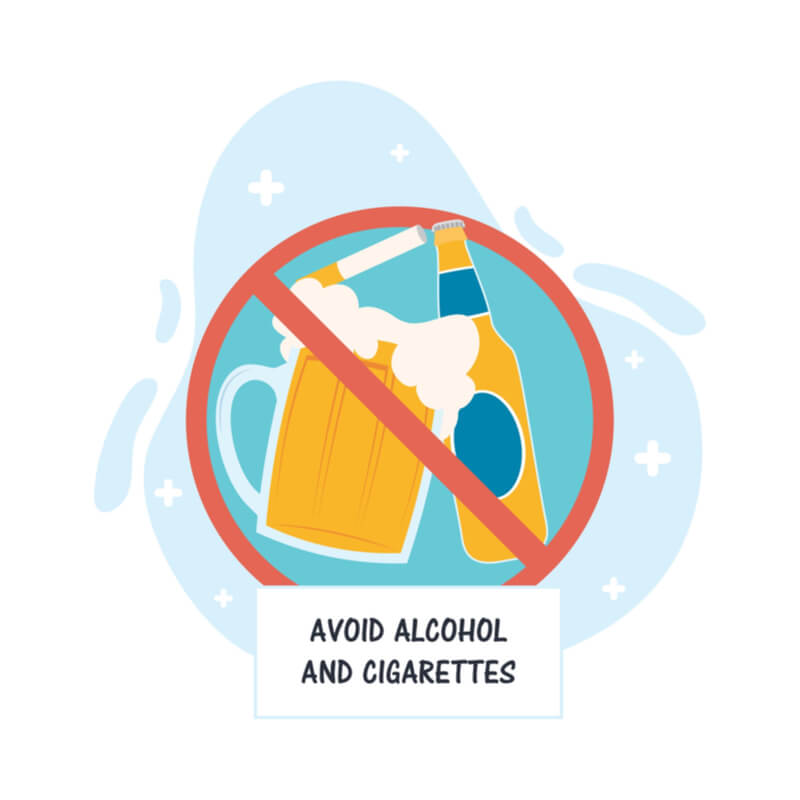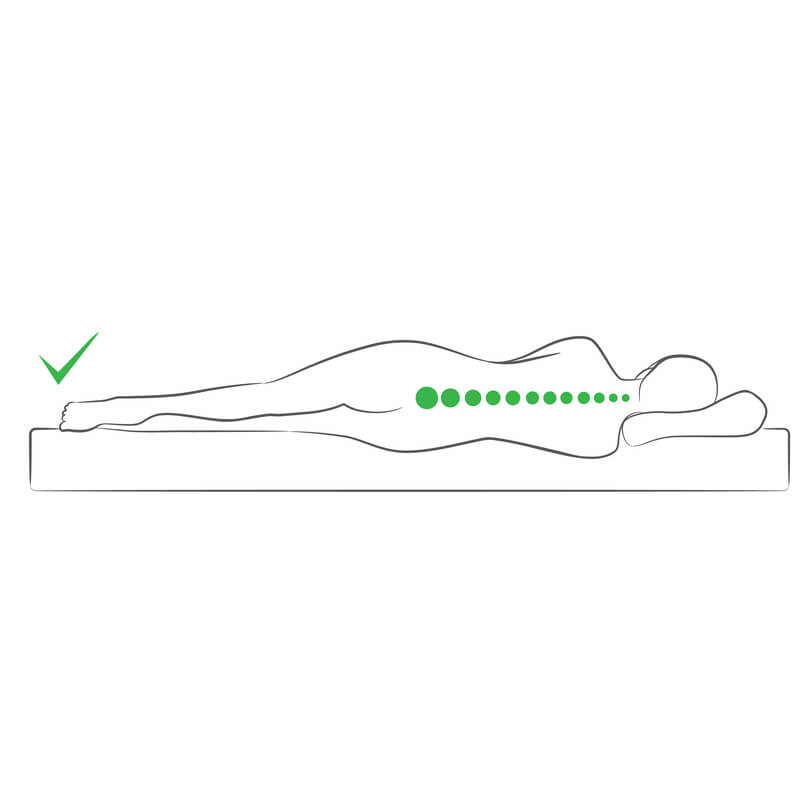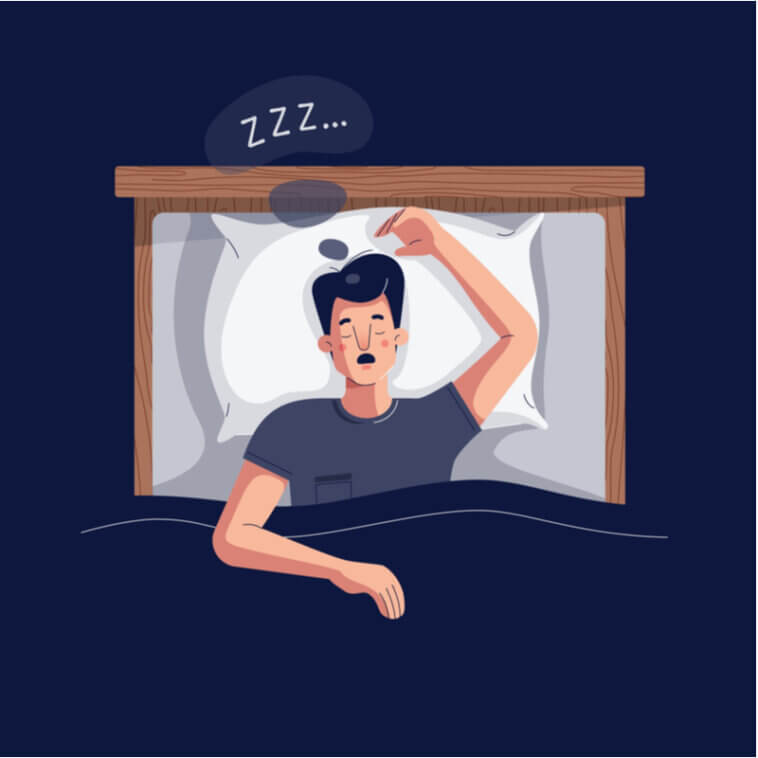Table of Contents
There are several methods to help stop snoring. Aside from the methods we mentioned above, you can try sleeping on your side. This is easier than sleeping on your back, but it might take some getting used to. If you find this difficult, you can try hugging a pillow to help keep from rolling over. Sleeping on your side will relieve pressure on your chin and airway. Also, a sideways position is easier to keep from rolling over during the night.
Mouth exercises
There are many mouth exercises that you can perform in order to reduce snoring. These exercises are beneficial for the throat and tongue and work to tone muscle tissues. When the muscles are toned, they do not vibrate as much as they do when air passes over them, which can significantly reduce the impact and noise of a snorer. These exercises are often a good alternative to prescribed medications, but it is important to consult a doctor before beginning any therapy.
You can perform anti-snoring exercises by moving your tongue toward the right side of your mouth and holding it there for 30 seconds. However, these exercises do not replace lifestyle changes such as avoiding alcohol or smoking. Other methods include taking a snoring medication or using a mouthpiece. Experiment with each and see what works best for you. If none of these remedies work, talk to a doctor for a more thorough evaluation.
Mouth and throat exercises are a great way to stop snoring and improve your sleep. They target the muscles in the back of the mouth, soft palate, and sides of the throat. They also work to improve the condition of your sleeping partner. Whether you suffer from mild snoring or severe sleep apnea, mouth exercises can help you find a solution.
Mouth exercises to stop snore may also be beneficial for people who are experiencing snoring in other areas of their lives. If you are experiencing any of these symptoms, it may be a sign that you have a sleep disorder, such as obstructive sleep apnea. Mouth exercises to stop snoring may be beneficial for people with a variety of medical conditions, such as heart or neck pain, but are not a cure for snoring.
Avoiding alcohol

Drinking alcohol before bed does not cause you to snore. In fact, alcohol consumption increases snoring. However, this increase in snoring does not happen to everyone. Some drink before bed and have less snoring than others. The statistics for alcohol and snoring are illustrated in a histogram. This figure shows that almost 40% of the people who drink before bed have fewer snoring episodes than those who do not.
A stuffy nose may cause snoring, and millions of people suffer from allergies. During sleep, congested people tend to breathe through their mouth, which can increase the occurrence of snoring. Furthermore, alcohol can disrupt your sleep, as it depresses the central nervous system and relaxes the muscles of the throat and mouth. In such a situation, the airway becomes narrowed, causing you to snore.
One way to avoid snoring caused by alcohol is to cut back on drinking alcohol before bed. Avoiding alcohol before bedtime can reduce snoring, as it prevents the body from re-adjusting to alcohol in the evening. It's also a good idea to alternate alcohol consumption with water before bed. It can also help to sleep on your side. Anti-snoring mouthpieces can help minimize your snoring by keeping your jaw forward and your tongue out of the way while you sleep. Finally, if you're concerned about your alcohol intake, you can also try mouthwash to wash away the alcohol taste.
Among the many reasons why alcohol causes snoring, it is best to avoid drinking it altogether. The effects of alcohol on your body are a combination of bad sleep quality and health problems. Alcohol decreases the quality of sleep and decreases REM sleep, which is crucial for our motor and concentration abilities. Therefore, people who drink alcohol before bed will probably wake up more frequently throughout the night. Additionally, alcohol consumption may cause night sweats and hangovers.
Avoiding sedatives
Prescribed snoring medication and over-the-counter sedatives can relax the throat and cause snoring. Stop drinking at least two hours before bedtime to avoid sedatives, which may cause increased throat muscle relaxation. Talk to your doctor about a more effective treatment for your snoring. Other snoring remedies include sleeping on your side and elevating your head while sleeping.
While snoring is not a serious condition, it can be a sign of an underlying health problem. For example, some people with snoring are suffering from a serious sleep disorder called obstructive sleep apnea, which disrupts breathing hundreds of times throughout the night. Regardless of whether snoring is the cause of a health condition, a thorough sleep evaluation is recommended to find a treatment. This may include a home sleep study or sleep testing at a sleep laboratory.
Sedatives are also associated with a risk of sleep deprivation, which can make you more moody and irritable. In addition to reducing snoring, avoiding sedatives will also improve the quality of your sleep, which is essential if you want to stop snoring. Also, avoid sleeping on your back, as it causes the base of the tongue to drop to the back of the throat. Using body pillows is one way to ensure that you are sleeping on your side.
There are many medical solutions to stop snoring. New breakthroughs are being made all the time. Snoring devices are becoming more comfortable and effective, and a physician's prescription is usually your best bet. Another alternative to sedatives is to practice good sleep hygiene. This will ensure that your body is at a proper position for breathing. It's also important to avoid sleeping on your back, as this will relax your tongue and reduce the amount of airflow resistance.
Sleeping on your side

One simple way to reduce snoring is to sleep on your side. Sleeping on your side helps the base of your tongue and soft palate fall back toward the throat, which creates a partial blockage that causes a vibration sound while you're sleeping. While this may not work for all back-sleepers, you can experiment with various positional therapy techniques and hacks to help you change your position.
Most people find that sleeping on their side reduces snoring. However, sleeping on your back can lead to sleep apnea, a disorder that results in pauses in breathing. While sleeping on your back may not cause snoring, it can result in significant consequences for your health, including irritability and daytime sleepiness. While many people don't notice symptoms until they wake up in the morning, sleeping on your side can reduce the duration and intensity of your snoring.
Another snoring solution is to elevate your head four inches. By sleeping on your side, your throat and mouth muscles stay relaxed. Sleeping on your back can result in your tongue falling backwards and into your throat, narrowing your airway. Snoring-free sleep is also possible with the help of nasal strips, which stick to the bridge of your nose. Some even tape a tennis ball to their shirt so they can sleep on their sides.
While sleeping on your side may not help your snoring, a study done by Dr. Shukla found that sleeping on your side helped his participants stop snoring by 58 percent. This suggests that if you are overweight, losing a few pounds can significantly reduce your snoring. For more ways to stop snoring, try adding a tennis ball to your pajamas.
Using an oral device
Using an oral device to stop slumbering has many benefits. These appliances help correct snoring by repositioning the lower jaw, stabilizing the tongue, and opening up the airway. In addition, oral devices also help improve tongue muscle tone and teach proper breathing techniques. Snoring is often a result of abnormalities in the mouth, which include a low soft palate and tongue that retracts to the back of the mouth during sleep.
While nasal strips are the easiest anti-snoring fix, they may not be effective for everyone. In addition, nasal strips may not fit comfortably and can fall off in the night. For these people, an oral device might be the best option. However, if you don't have sensitive skin or are uncomfortable wearing a nasal strip, you can opt for a device that opens your nasal passages while you sleep.
Oral devices are also a popular treatment for mild or moderate sleep apnea. These devices, also known as Mandibular Advancement Splints, are designed to position the lower jaw forward. This opens up the airway more, and makes it less likely to vibrate during sleep. However, they are expensive and are only recommended for people with mild to moderate cases of snoring.
Some snoring mouthpieces are not suitable for people who are missing individual teeth. You must consult a dentist before deciding on a device for snoring if you have missing teeth. Your dentist can determine whether you still have sufficient dentition to support the device and whether or not it can cause side effects. In addition to an oral device, you should visit a dentist regularly to check on the results of the therapy.




Comments
Loading…